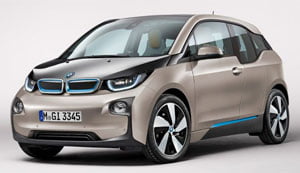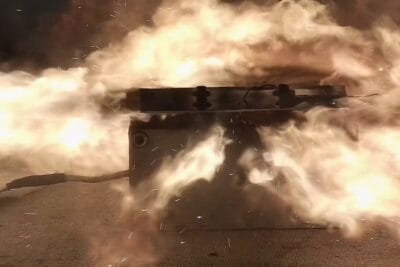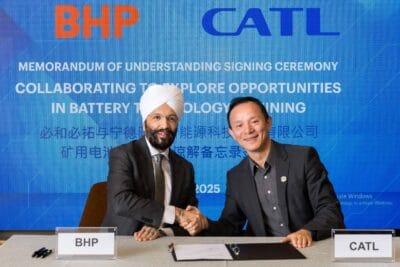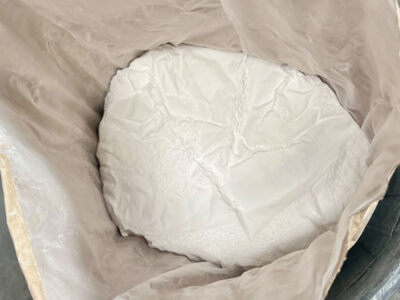Fuell cells vs. batteries, Rice University, Teijin, Toshiba.
 Hydrogen passé? Advances in battery technology might come very soon, Marcus Fendt of The Mobility House, Ian Robertson of BMW and Renault-Nissan-CEO Carlos Ghosn recently said independently of each other. Fendt believes that energy density could double in 2015 already, while Ghosn confirmed that more than 400 kilometers of range will be possible soon (we reported). According to recent reports, BMW is even rethinking its FCV strategy due to the latest advances in battery technology.
Hydrogen passé? Advances in battery technology might come very soon, Marcus Fendt of The Mobility House, Ian Robertson of BMW and Renault-Nissan-CEO Carlos Ghosn recently said independently of each other. Fendt believes that energy density could double in 2015 already, while Ghosn confirmed that more than 400 kilometers of range will be possible soon (we reported). According to recent reports, BMW is even rethinking its FCV strategy due to the latest advances in battery technology.
automobil-produktion.de (Fendt in German), autocar.co.uk (Robertson), dailykanban.com (Ghosn)
Supercap research: Researchers from Rice University have created flexible sheets of multilayer Graphene from a cheap polymer by burning it with a computer-controlled laser. The laser-induced graphene (LIG) could be used to make high-performance supercapacitators.
rice.edu, azom.com
Increased separator production: Teijin will open a second production line for LIELSORT, a separator for Li-ion batteries, to meet increasing demand. Operations are set to start next week and will double production capacities.
greencarcongress.com, teijin.com
Battery traction for trains: Toshiba has delivered its Li-ion battery traction energy storage system (TESS) to Tobu Railway. TESS stores traction energy from decelerating trains as they enter a station and releases it when trains leave the station. The system is planned to go into operation later this December.
greencarcongress.com
– Feedback –
Most clicked link on Thursday was the making of Nissan Leaf batteries in the British Sunderland plant, brought to us by Inside EVs.
insideevs.com




0 Comments